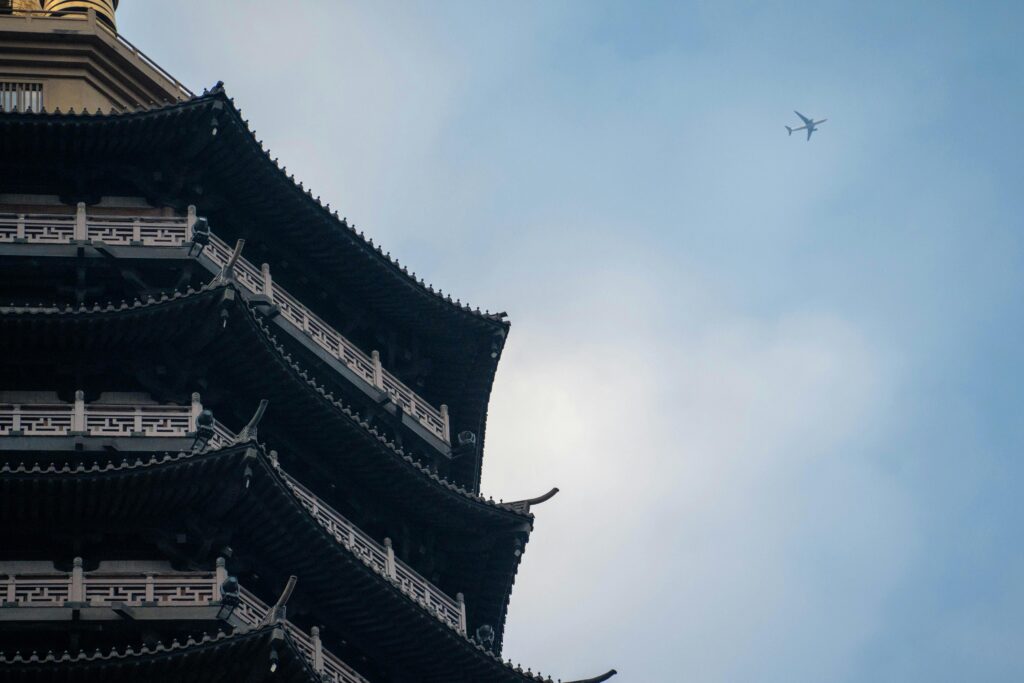A new intelligence report from the United States identifies China as the top military and cyber threat. The Annual Threat Assessment warns that China is working on advanced weapons and digital tools. These efforts could help Beijing carry out a future attack on Taiwan.
U.S. officials say China is making steady progress in military power. The People’s Liberation Army (PLA) is expanding its arsenal. It now has hypersonic missiles, stealth jets, nuclear weapons, and cyber tools. Space warfare capabilities are also improving. The report also says China wants to be the global leader in artificial intelligence (AI) by 2030.
Rising Tensions Over Taiwan
China continues to put pressure on Taiwan. Its military actions near the island have increased. Warships and fighter jets often move close to Taiwan’s air and sea borders. China has also been using economic tactics, such as trade restrictions, to weaken Taiwan’s economy.
The report suggests that Beijing may use AI for digital warfare. Tools like large language models could help spread false information. They could also be used to hack into key U.S. systems. This would give China an advantage in both cyber and military operations.
The CIA and other intelligence agencies remain concerned about China’s growing aggression. The U.S. has promised to support Taiwan. Military exercises and weapons sales to Taiwan have increased. The Biden administration says it will defend democratic allies in the region.
The Fentanyl Crisis and U.S.-China Relations
The report also highlights another major issue: the fentanyl crisis. U.S. officials say China has not done enough to stop drug-related chemical exports. These chemicals are used to make fentanyl, which is a deadly opioid. Many of these chemicals are shipped to Mexico, where they are processed into illegal drugs and then smuggled into the U.S.
Former President Donald Trump took a strong stance on this issue. He imposed a 20% tariff on Chinese imports. He blamed Beijing for not controlling chemical exports. However, China denies involvement. It says the U.S. is using the fentanyl crisis as an excuse for political and economic attacks.
China’s Domestic and Global Challenges
Despite its military strength, China faces internal problems. The report notes that corruption is widespread. The economy is slowing down. There are fewer young workers, and many businesses lack investor confidence. These challenges could affect China’s ability to maintain its power.
China’s leaders expect more trade problems with the U.S. However, they continue to promote messages of peace and national sovereignty. They say they are not looking for war. But actions in Taiwan and the South China Sea suggest otherwise.
China has also launched a counter-attack against U.S. intelligence claims. A Chinese cybersecurity report accuses the U.S. of running global surveillance programs. Chinese state media has spread these claims widely. Beijing says Washington is using spying tactics to gain an advantage.
Global Implications and Future Concerns
As tensions rise, experts fear that an open conflict could happen. The South China Sea remains a flashpoint. China continues to build artificial islands and deploy military forces in disputed areas. The U.S. has responded with more naval patrols in the region.
China is also strengthening its relationships with Russia and Iran. These alliances could create further challenges for the West. The report warns that China’s influence is growing, especially in developing nations. It offers loans, infrastructure projects, and political support to gain allies.
U.S. officials say they must stay ahead in technology and military power. Investments in AI, cybersecurity, and defense systems are increasing. Washington hopes these steps will prevent China from gaining the upper hand.


